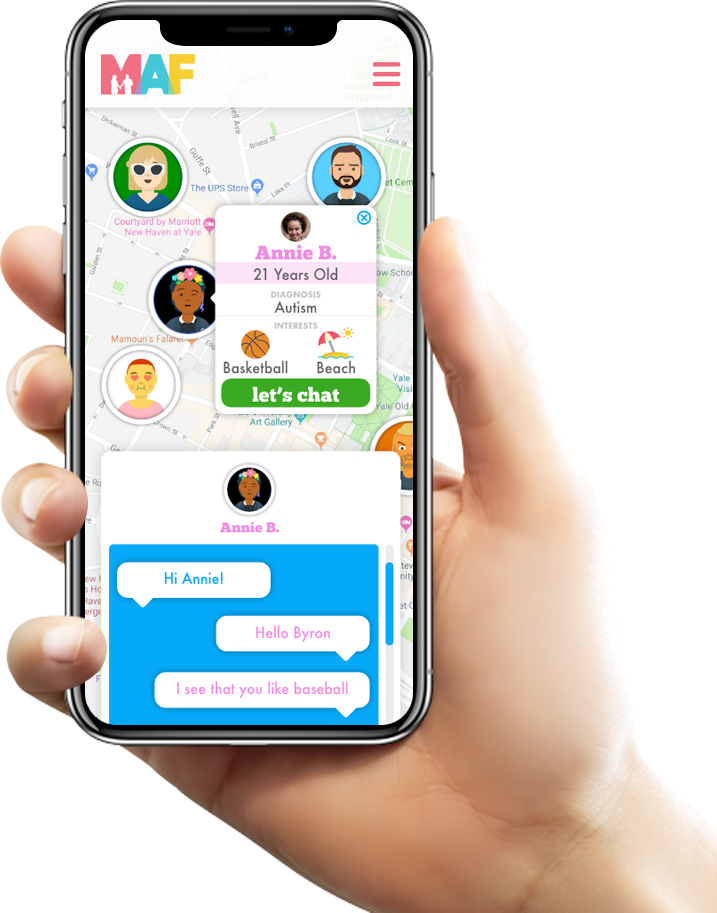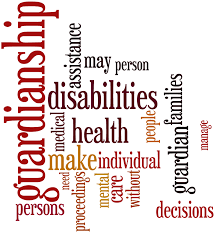Learn to Bloom on a New Platform

Welcome to our 10th edition of Another Normal. We’ve migrated to a new platform that we hope you’ll enjoy. It’s more user-friendly, easy to share, and enables convenient commenting to help foster conversations and community. Let us know what you think!
We’ll be taking a break to celebrate Labor Day weekend, so your next e-newsletter will arrive via email on Monday, September 14th. We hope to help you start the week on positive, well-informed footing, and we welcome your feedback. Now, on to the good stuff…
”The struggles along the way are only meant to shape you for your purpose.” -- Chadwick Boseman, RIP
Self-Care September.
Tomorrow starts National Self-Care Awareness Month. Taking care of ourselves isn’t selfish. It’s essential. This is especially true for caregivers, who tend to put the needs of others before our own. Our next edition of Another Normal will focus on how to take better care of yourself so you can help those your loved ones bloom and grow. Here is how one family supports parents impacted by disability. The journey is long. Be kind to yourself and remember: you can’t pour from an empty cup!

Forging friendship.
We met Juliana Featherman several years ago, at the very start of her journey to help people with autism and developmental disabilities make meaningful friendships. What progress she has made since then! Inspired by her 22-year-old brother, Juliana just celebrated the one-year anniversary of her web-based app, which is now being used by nearly 3,000 people in 50 states and 40 countries. She’s clearly achieving her goal of helping people create safe and authentic friendships and ultimately feel less isolated and lonely. Juliana expects to launch an IOS/Android version of the app this fall, and she continues to receive positive publicity about her efforts and success. We especially like that the app offers conversation prompts and other features to help build social skills and address special needs. Targeted to young adults in their teens and twenties, this app is a wonderful example of the power of siblings, creativity and persistence. Learn to bloom, indeed.

Let’s get rolling.
Based on the notion that people with mobility challenges should have access to safe, advanced and affordable assistive tech, a start-up in Thailand is introducing the new ABBY wheelchair. Available for online purchase directly from GoGoTech, ABBY eliminates the hassle and time-consuming work of going through insurance, Medicaid or a durable medical equipment “middle man.” Customers can pre-order online for delivery in early 2021. Chairs are completely portable and adaptable by the user for full power mobility, power-assist or manual mode. They even feature autonomous driving capabilities! We love the company’s novel approach to making wheelchairs more affordable and user-friendly. They’re even creating a crowd-funding platform to help customers offset the cost of the chair through community contributions. Exciting news for 2021.

Britney begs the question.
Conservatorship is in the news this week, thanks to Britney Spears. The pop star lost her battle to change the court-appointed conservatorship she has lived under for 12 years. Since 2008, Spears’ life has been overseen by a conservator of her person and estate. Such an arrangement is often sought by parents of young adults with disabilities; however, there is much to consider when determining if this is necessary for your loved one after they turn 18. Here’s additional information on the subject and questions to ask yourself and your young adult with disabilities. These are difficult decisions and deserve thoughtful consideration and discussion.

Training matters.
We hear about how people with disabilities are hit extra-hard by the coronavirus. And we know that first responders, including police and medical professionals, need better training to help people with special needs. But we were shocked to learn about a 20-year-old woman in Michigan who was presumed dead by paramedics, only to be found alive in a body bag by funeral home officials three hours later! How does something like this happen? We simply must train people better to assist non-verbal citizens and those who present with complicated medical conditions. How can you help encourage better training in your community?
Interested in learning more about working with Kris?
Contact us for information on what this might look like for you, including outcomes, availability, fees and more.
Stay connected with news and updates!
Sign up below to receive our newsletter and updates.
We hate SPAM. We will never sell your information, for any reason.


